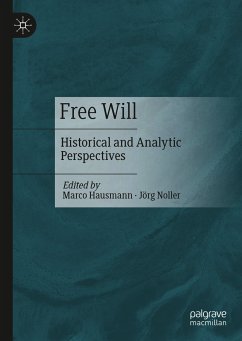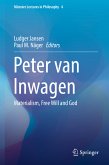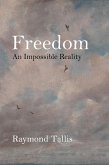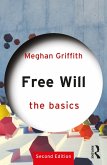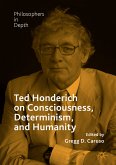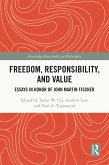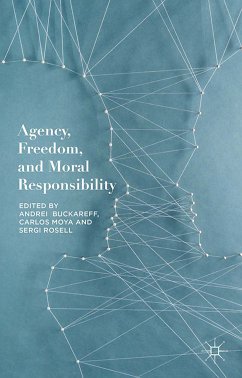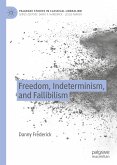This novel contributed volume advances the current debate on free will by bridging the divide between analytic and historically oriented approaches to the problem. With thirteen chapters by leading academics in the field, the volume is divided into three parts: free will and determinism, free will and indeterminism, and free will and moral responsibility. The contributors aim to initiate a philosophical discourse that profits from a combination of the two approaches. On the one hand, the analytic tools familiar from the debate - arguments, concepts, and distinctions - can be used to sharpen our understanding of classical philosophical positions. On the other hand, the rich philosophical tradition can be reconstructed so as to inspire new solutions.
In recent years, the problem of free will has received special attention in the analytic arena. This is the first anthology to combine historical and analytic perspectives, significantly furthering the debate, and providing acrucial resource to academics and advanced students alike.
Dieser Download kann aus rechtlichen Gründen nur mit Rechnungsadresse in A, B, BG, CY, CZ, D, DK, EW, E, FIN, F, GR, HR, H, IRL, I, LT, L, LR, M, NL, PL, P, R, S, SLO, SK ausgeliefert werden.
Es gelten unsere Allgemeinen Geschäftsbedingungen: www.buecher.de/agb
Impressum
www.buecher.de ist ein Internetauftritt der buecher.de internetstores GmbH
Geschäftsführung: Monica Sawhney | Roland Kölbl | Günter Hilger
Sitz der Gesellschaft: Batheyer Straße 115 - 117, 58099 Hagen
Postanschrift: Bürgermeister-Wegele-Str. 12, 86167 Augsburg
Amtsgericht Hagen HRB 13257
Steuernummer: 321/5800/1497
USt-IdNr: DE450055826
Bitte wählen Sie Ihr Anliegen aus.
Rechnungen
Retourenschein anfordern
Bestellstatus
Storno

